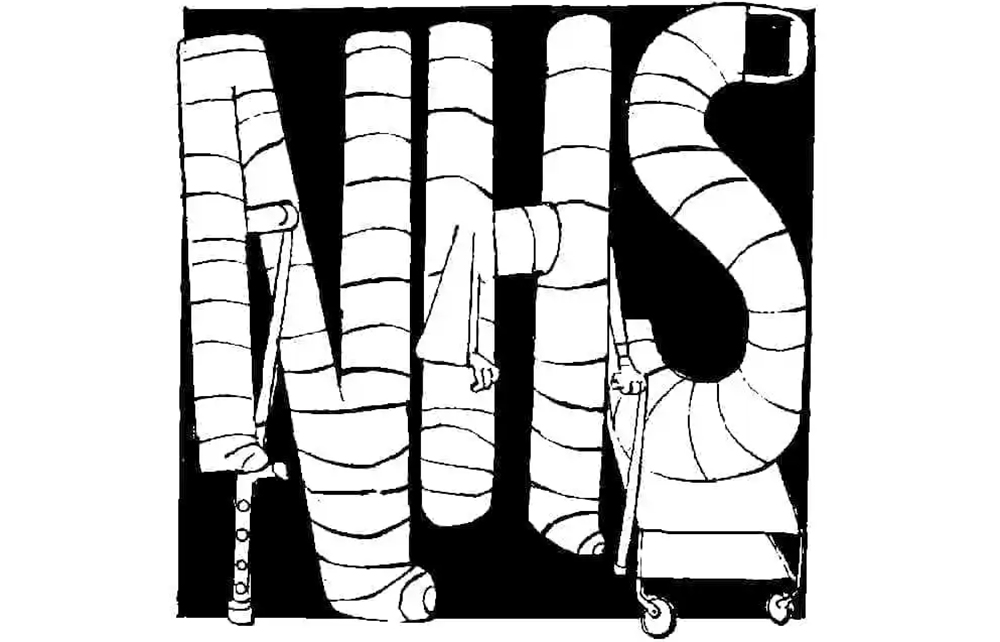Having lived in the United Kingdom for almost my whole adult life, I like to think I’m well assimilated. I stopped trying to make pleasantries with strangers a long time ago. I skip dinner to stand outside the pub in the dark. Apart from my accent (though Americans tell me that’s changed, too) I think I can just about pass as British. But never for long. At some point, someone starts talking about a health worry or new ailment, and I tell them to see the doctor. Suddenly, the jig is up, and I’m an outsider again.
I’m now very familiar with the British aversion to seeking medical care. Still, it horrifies me. I sound like a broken record around friends and colleagues, as I repeatedly tell them to go and get their problems checked out. It’s as if I’m speaking a foreign language that simply does not translate. Sometimes I’m met with confused stares or awkward laughter. Mostly I’m met with bafflement, as if I’ve just suggested they deal with a mole on their wrist by sawing off their arm. Going to the doctor: what a crazy thing to do.
The crazier thing to do, I’d say, is to live with ongoing pain. I’ve got the rest of the world backing me up on this one. Non-Brits are totally perplexed by the relationship between Brits and their healthcare. On the one hand, ‘universal’ access to the National Health Service is held up as the UK’s crowning achievement; on the other, its residents try as hard as they can not to go anywhere near it.
No one here sees the GP when they’re healthy or when ailments can be treated at an early stage
Of course, there is an easy rebuttal to my advice at the moment: who can access health services right now, even if they wanted to? The NHS is in ruins after the pandemic, and the situation is made worse by the ongoing strikes which mean hundreds of thousands of cancelled appointments.








Comments
Join the debate for just £1 a month
Be part of the conversation with other Spectator readers by getting your first three months for £3.
UNLOCK ACCESS Just £1 a monthAlready a subscriber? Log in